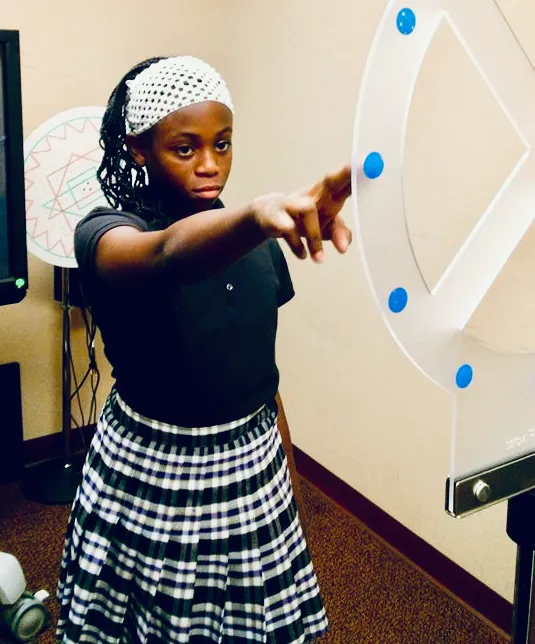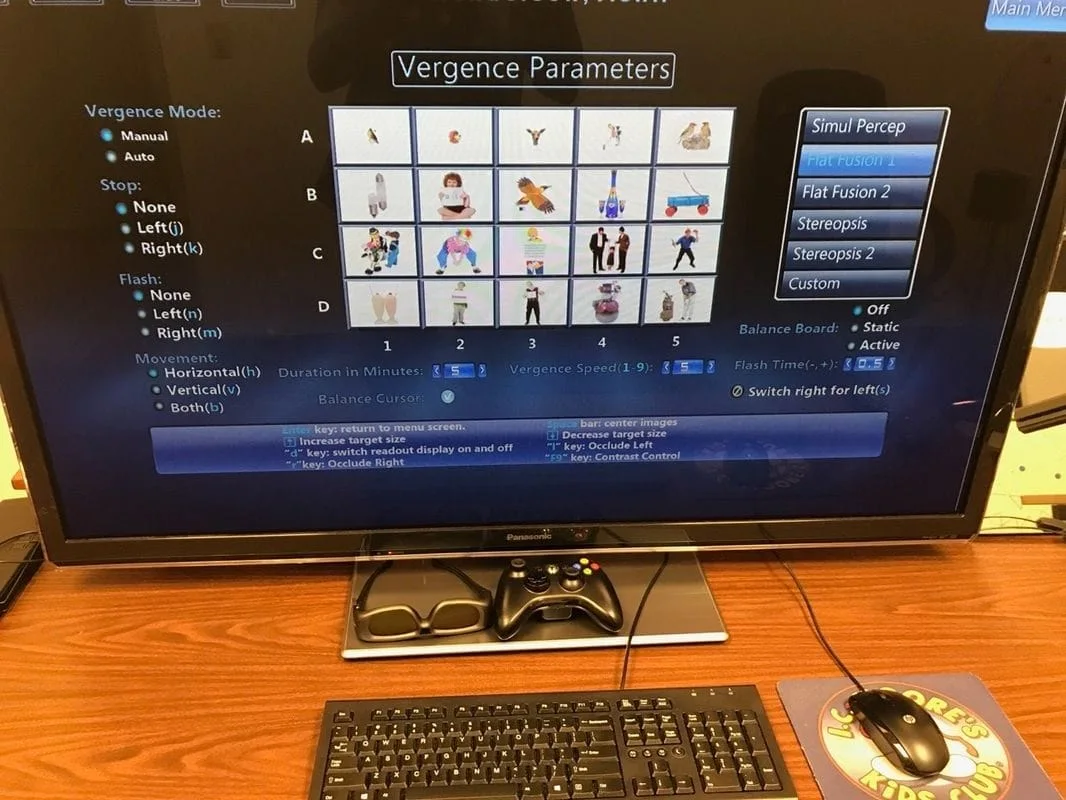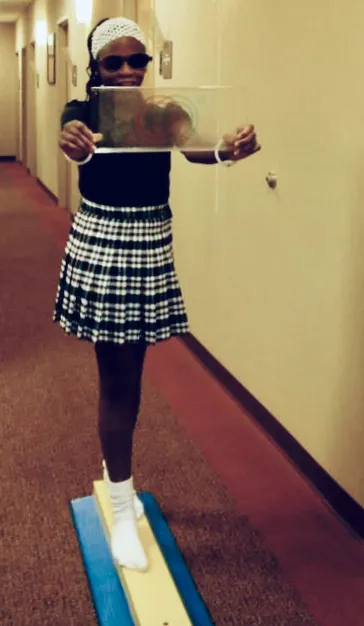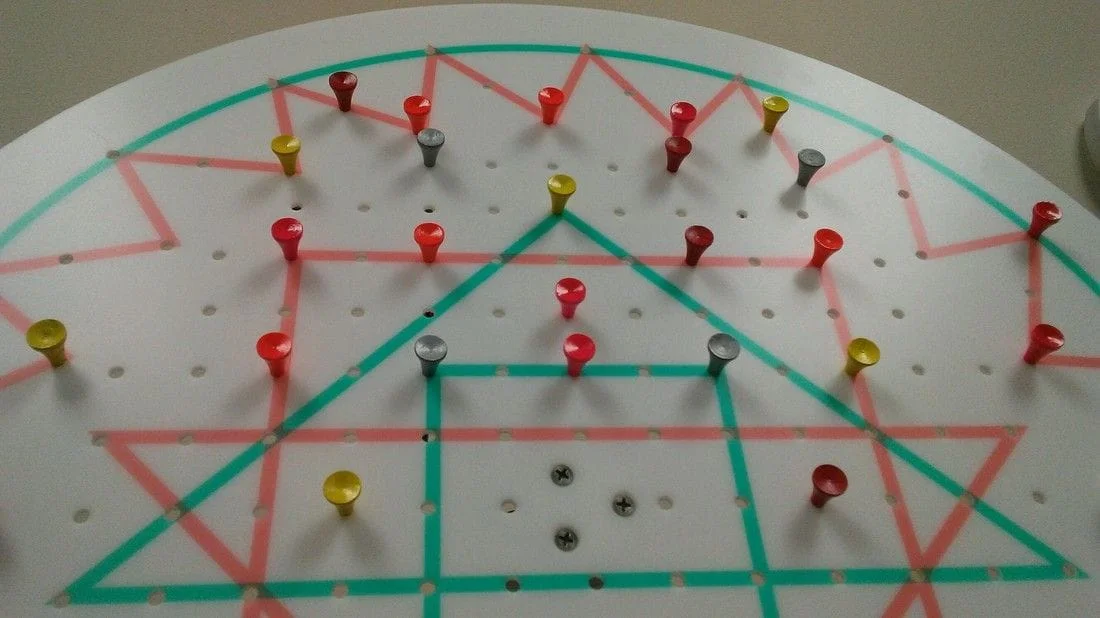What is Optometric Vision Therapy?
Optometric Vision Therapy is training for the eyes used to develop and improve upon existing visual ability. Specifically, the program targets the patient’s eye teaming, binocular vision, and visual information processing skills. It is a practical and effective alternative to drug therapy and/or surgery that gives patients the skills to use their eyes more efficiently, leading to better academic and social skills.
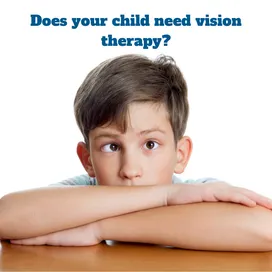
Conditions that can be treated with vision therapy include:
*strabismus (crossed eyes) *inability to focus and ADD/ADHD
*amblyopia (lazy eye) *visual field loss (often witnessed in
*double vision stroke victims)
*learning-related vision disorders
(i.e. dyslexia)
Vision therapy utilizes special tools like lenses, “flippers”, and prisms in a progressive series of in-office therapy exercises. Home instruction for vision therapy is also provided for patients to practice the techniques they learn between their office visits. Practice makes perfect!
Vision Therapy Frequently Asked Questions
Who typically needs vision therapy?
Vision therapy can be a useful tool for helping children and adults alike. Children with learning or reading problems can benefit from the vision boost these exercises provide. An optometrist or ophthalmologist may prescribe glasses, but if the patient's problem lies with visual processing, well... At least they look good!
Adults can benefit from this therapy, as well. Vision therapy exercises can help curb eye-strain related vision processing problems brought on by modern-day technology such as computers, smartphones, and tablets.
Do these exercises simply strengthen eye muscles?
This is actually a common misconception! Vision therapy is focused on strengthening the neurological pathways between the eyes and the brain. It's this dual coordination that needs fine tuning rather than just the muscle capability.
Is there scientific evidence that it really works?
It does work! Anecdotal evidence aside, studies on vision therapy show it is effective in improving the lives of patients. Data shows that this therapy can improve visual function enough to keep it from interfering with a patient's ability to absorb information and learn (and what do children spend 24 hours a day, 7 days a week doing?).
Okay, I'll give it a shot. What is the first step in initiating a vision therapy treatment program?
Ready to take the first step in enrolling yourself or your child in vision therapy? Check out our Vision Therapy Process page for more information.

